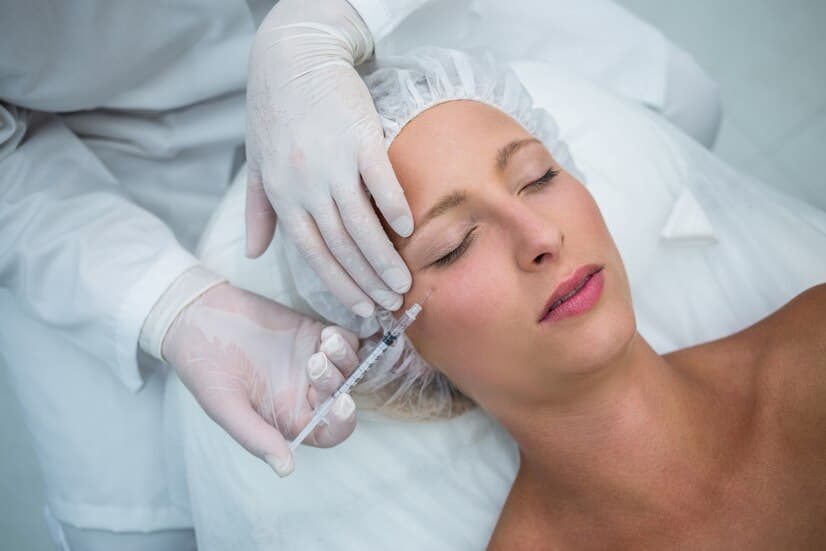In the dynamic realm of healthcare, Physician Assistants (PAs) play an increasingly indispensable role. Aspiring PAs aiming to specialize in dermatology encounter a multitude of choices when seeking the finest PA schools.
This article serves as a compass, providing guidance on accredited programs, curriculum nuances, clinical obligations, and statistical revelations relevant to aspiring dermatology PAs.
Selecting the Optimal PA School for Dermatology
Choosing the right PA institution for specializing in dermatology stands pivotal for prospective healthcare practitioners. Critical evaluation of factors like accreditation status, curriculum specialization, faculty proficiency, clinical exposure, and statistical insights is imperative.
By meticulously selecting the optimal PA school for dermatology, aspiring PAs can establish a robust groundwork for a flourishing career in this specialized domain.
ARC-PA Accreditation: Ensuring Quality Education
The Accreditation Review Commission on Education for the Physician Assistant (ARC-PA) assumes a central role in upholding the quality and uniformity of PA programs nationwide.
Prospective PAs should prioritize enrollment in graduate schools accredited by ARC-PA, a prerequisite for undertaking the Physician Assistant National Certification Exam (PANCE).
For those aspiring towards dermatology specialization, ARC-PA accredited programs offer indispensable academic rigor and pivotal clinical exposure requisite for success in this sphere.
Advanced Education in Dermatology: Master’s Programs
Master’s programs tailored for Physician Assistants typically span approximately 27 months, encompassing a comprehensive curriculum across diverse medical disciplines.
Although less arduous than medical school, these programs furnish aspiring dermatology PAs with a sturdy foundation in dermatology, patient history elucidation, technical procedures, pharmacology, and beyond.
Such education equips them with the proficiency to excel in clinical settings focused on dermatological care.
Explore physician assistant salary insights in New Jersey
Specialized Training Beyond Graduation: Post-Graduate Programs
For those seeking specialized expertise in dermatology post-graduation, post-graduate programs provide invaluable avenues. These programs, often affiliated with esteemed universities or clinics such as Johns Hopkins Medical School and the Mayo Clinic, furnish in-depth knowledge and hands-on experience in dermatological practice.
With limited enrollment slots, post-graduate programs cater to exceptionally qualified PAs committed to enhancing their dermatological prowess.
Fulfilling Clinical Work Requirements
Clinical rotations constitute a substantial facet of PA education, with students typically mandated to fulfill around 2,000 hours of supervised clinical practice. These internships expose budding PAs to an array of medical specialties, including dermatology, fostering their preparedness to thrive in diverse healthcare settings.
Through immersive experiences and mentorship from seasoned practitioners, PA students cultivate the competencies and confidence indispensable for delivering exemplary care in dermatological practice.
Statistical Insights: Demand for Dermatology Services
Statistics illuminate a burgeoning demand for dermatology services, rendering it an enticing specialty for aspiring PAs. According to the Bureau of Labor Statistics, the employment prospects for Physician Assistants are anticipated to burgeon by 31% from 2020 to 2030, outpacing the average growth rate across all occupations.
Moreover, a survey conducted by the American Academy of Dermatology Association underscores a shortage of dermatologists, underscoring the significance of well-trained dermatology PAs in addressing the escalating demand for dermatological care.
Conclusion
Achieving proficiency and success as a Physician Assistant specializing in dermatology necessitates unwavering dedication, rigorous training, and access to top-tier education.
By meticulously electing ARC-PA accredited programs, seizing specialized training opportunities, fulfilling clinical obligations, and heeding statistical trends, aspiring dermatology PAs can embark on a gratifying odyssey toward effectuating a substantial impact in the realm of dermatological healthcare.
Choose your PA school for dermatology astutely, thereby paving the path toward a fulfilling career dedicated to enhancing patients’ skin health and overall well-being.




